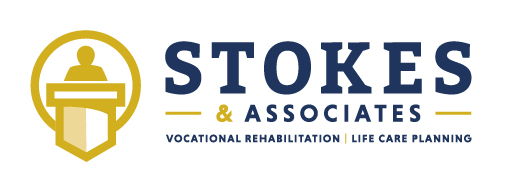How to Determine Wage Earning Capacity with Limited or No Work History
We are sometimes asked to assess the vocational outlook and projected earning capacity of someone with limited or no work history. More often than not, these cases involve younger individuals who have been injured, may have a disabling condition, or even have died as a result of a negligent act. So how do we place a monetary value on expected earnings for someone who has never worked or has a limited work history?
Without a work history to guide future vocational projections, these types of cases require a specific approach. For children, the vocational analysis is based on traits, which can be obtained from detailed school records, standardized testing results, or family background including parents’ or siblings’ work history and educational attainment. In a study performed by Isom, Barton, and Halloway (2001) concerning the estimation of pediatric earning capacity, the authors suggest that premorbid earning capacity is best predicted by parents’ level of earnings, and/or parents’ level of educational attainment. Younger children are still in the early stages of career development (Growth Stage-ages 4-13) and (Exploration Stage-early teens to mid-twenties). It may be that during the latter part of the Exploratory stage that more concrete choices or career direction can be defined.
Our vocational experts thoroughly assess the salient file information provided, interview the child/adolescent when available, and conduct collateral interviews with parents/caregivers. We then project an earning capacity that includes specific occupations that the evaluee may have been able to perform but for their injury or illness, and offer potential alternatives that fit within their current or projected vocational profile. Earnings data are obtained primarily from published governmental resources based on age, gender, race, and educational attainment. The earnings data can then be supplied to an economist who calculates wage earning capacity over a work life expectancy.
We offer complimentary consultations concerning "hypothetical matters". To strategize with one of our experts at Stokes & Associates, please call David Barrett at 504-454-5009 or email dbarrett@stokes-associates.com.
Larry S. Stokes, Ph.D.
Aaron Wolfson, Ph.D.
Todd Capielano, M.Ed., LRC, CRC, LPC, CLCP
Lacy Sapp, MHS, CRC, LPC, LRC, CLCP
